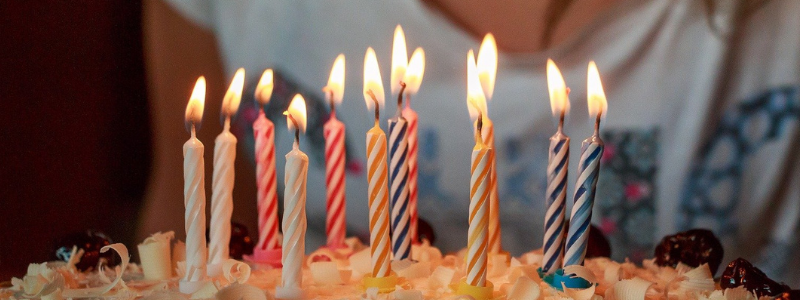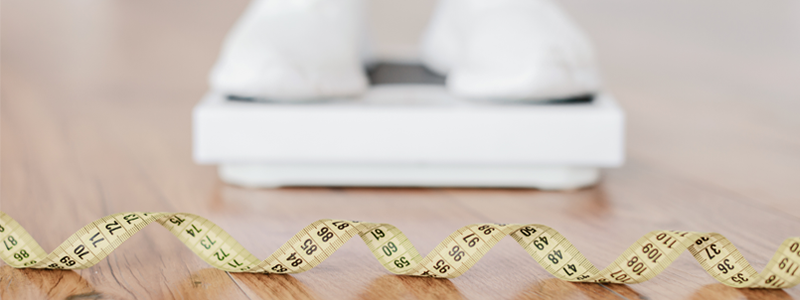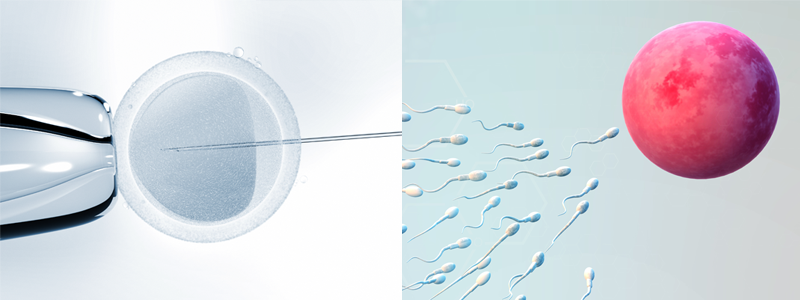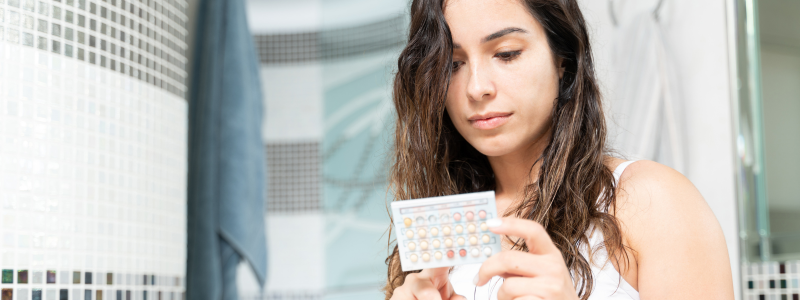The number of women having babies after the age of 40 has dramatically increased in the last 30 years, and the latest statistics available from the Office for National Statistics indicate that the average age for women becoming mothers has been rising since the 1970s, to a record high of 30.7 in 2019.
In the decades since the 1970s women’s lifestyles have changed. More women than men are entering higher education, with figures from 2018-19 indicating that 57.1% of students enrolled in higher education were women. And though there is still a way to go before we reach gender parity at all levels of the workforce, more women than ever before are working.
As fertility treatments have advanced, women now have many more options around how and when they choose to approach starting a family. All of these factors are at play in the changing demographics of parenthood in the UK.
If you are planning a family in your late thirties, you may also have started to explore the options for IVF treatment, and begun to look into whether there is an IVF age limit in the UK.
What is the cut off age for IVF in the UK?
There is no official age limit for IVF treatment in the UK. However, it is not recommended to attempt IVF over the age of 45 years with your own eggs, as very few women conceive and have a baby with their own eggs at that age. If eggs are donated from a younger woman, then IVF will have a good chance of success beyond 50 years of age; most clinics will set their own age limit cut off for donor egg treatment in older mothers.
How does age affect fertility?
From around the age of 35 women’s fertility begins to decline. At age 30 there is a 20% chance of falling pregnant per cycle, which falls to 5% by age 40 and 1% at age 45. Even with the huge medical advances we have seen in recent decades, there is a basic reality that nature has created an inequality in terms of the ages at which women and men can naturally reproduce.
Some women may therefore decide to take control over their fertility by freezing their eggs in their early-30s, helping to improve their chance of success with fertility treatments when the time is right for them.
Why does fertility decline with age?
Women’s ovaries contain a finite number of eggs, and as women get older both the quality and quantity of eggs decline resulting in lower success rates with their own eggs. As women get older there is an increased risk of miscarriages and downs syndrome in babies related to maternal age.
Scientific papers also underline that, from the age of 40, and especially from the age of 45, the quantity and quality of a man’s sperm declines, and in this age range we see an increasing number of genetic mutations in sperm. This means it takes longer for a man and his partner to conceive – five times longer for a woman with a male partner over 45 – and there’s a higher chance of miscarriage and a greater risk of conditions such as autism and ADHD.
IVF treatment with donor eggs
Today there are a number of treatments open to women that open up their options for conception in different age brackets. There has been a rise in the number of women opting to freeze their eggs as a way of having the opportunity to opt for fertility treatment further down the line, should they need to. Others who are unable to use their own eggs for any reason – which could be down to age, early menopause, previous treatment for a medical condition that has affected their egg reserve, or the risk that they carry a genetic disorder – can undertake IVF treatment with donor eggs.
Success rates for IVF with donor eggs tend to be good because egg donors are younger women, with correspondingly better-quality eggs. Women and couples who choose this option can search for a donor to match the characteristics that are important to them (for example hair or eye colour). If this treatment is something you are considering, it’s worth exploring the range of donor options: if you choose a UK donor, then at the age of 18 your child will be able to source information about the donor. You will need to understand the legal and regulatory framework before you plan to go ahead with your treatment. At CREATE Fertility we have a successful egg donation program and are able to help if you need donor eggs.
If you are currently trying to conceive and are worried about any aspect of your fertility, consider arranging an scan & virtual consultation with our specialist team. We can assess several aspects of fertility, including your egg reserve and the health of your uterus, fallopian tubes, ovaries and follicles.






